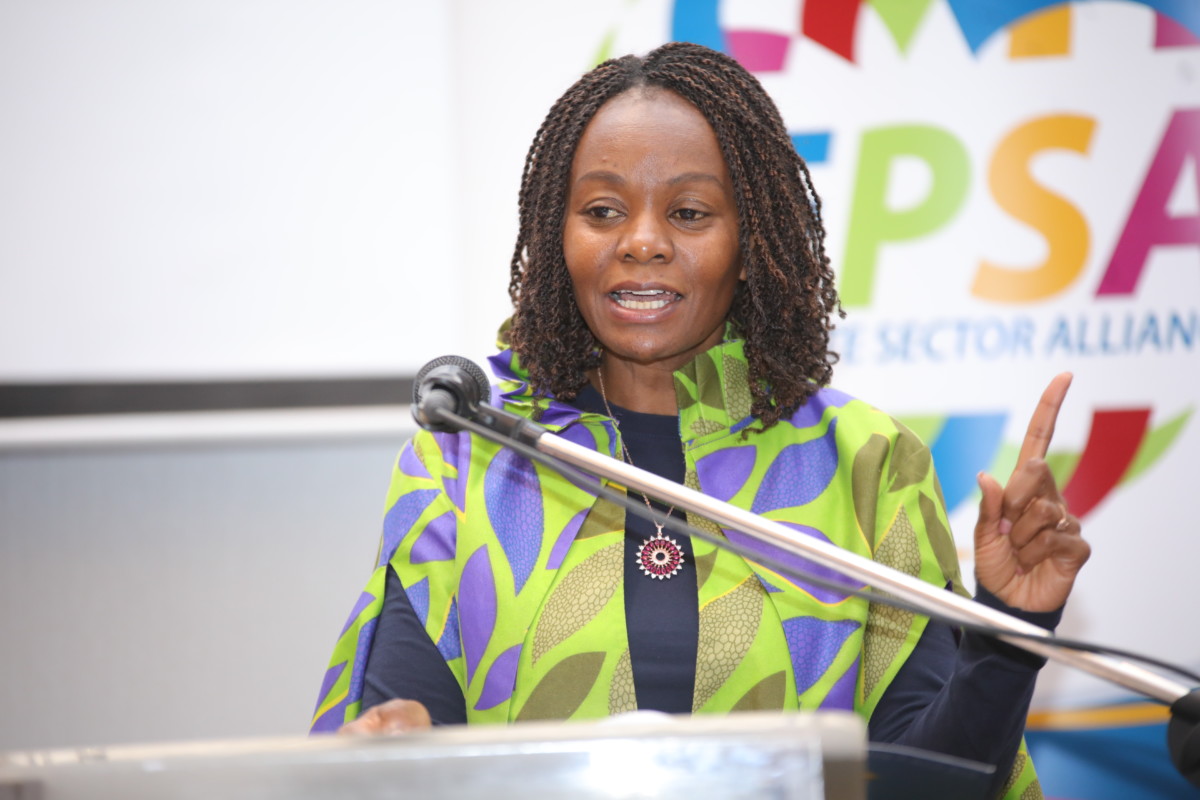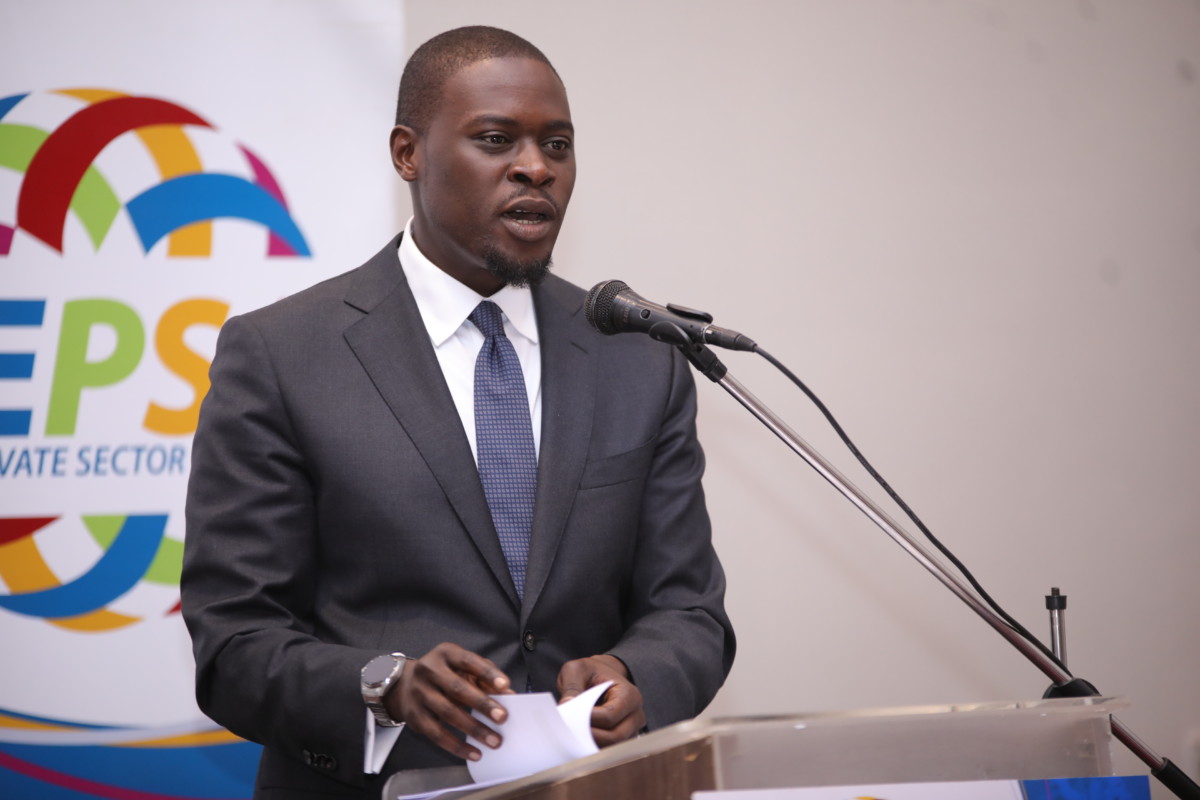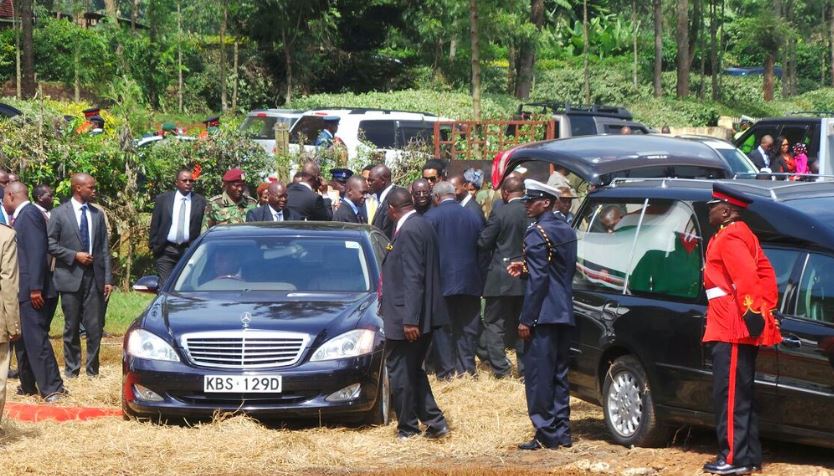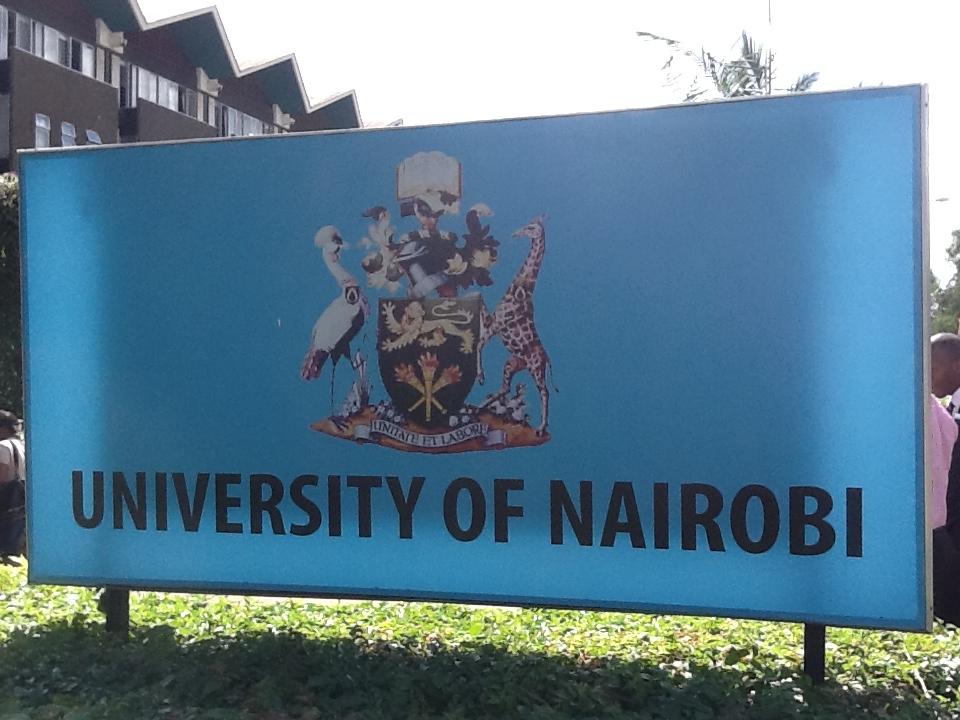The Kenya Private Sector Alliance (KEPSA) today presented the Private Sector Economic Manifesto for Nairobi County to the Kenya Kwanza Alliance candidate for Governor, Hon. Johnson Sakaja.
The Manifesto seeks to make Nairobi a livable city and emphasizes eight thematic areas where the private sector wants to see a change in how the capital city is governed including e-government compliance and
enforcement, healthcare, competitiveness, and job creation as well as culture and social inclusion.
According to Carole Kariuki, KEPSA Chief Executive Officer (CEO), priority interventions include a working and sustainable urban mobility and transport system, an integrated urban land use plan, water, wastewater, and solid waste management, including robust security and disaster risk management agenda for the city.

“The vision of the private sector economic manifesto is to make Nairobi a livable city, and which requires among other interventions, an integrated planning approach to the provision of public goods such as
infrastructure and services based on economic competitiveness, environmentally sustainable growth, social and financial inclusion as well as resilience and safety,” she said.
In the meeting, – part of ongoing engagements between KEPSA and the Presidential and Gubernatorial candidates to incorporate private-sector economic agenda into their manifestos – KEPSA tasked the
outgoing Nairobi Senator to make Nairobi a competitive, green, inclusive, resilient, and safe city to live in, work, and do business, if he is elected on August 9, 2022.
In making the city great for business, work, and leisure, KEPSA now wants the Nairobi County government to embrace technology and innovative solutions to usher in a world-class mobility and transport system
with proper management of traffic and congestion in the city.

“It is quite sad that we don’t have a working public transport system while our neighboring cities like Dar es Sa·laam, Kigali, and Addis Ababa have built Bus Rapid Transit systems. We need to ensure a working
BRT where all other matatus and buses feed into various locations to bring order into the city and make it attractive for investors and safe to do business in, walk and promote tourism within the city,” explained
Kariuki.
For a water-scarce city, Kariuki urged the incoming county government to develop an integrated system to manage water supply and particularly have a plan to increase water sufficiency, harvesting, and recycling and adopt smart waste management systems for Nairobi saying that only 45 percent of the 2,400 tons of daily solid waste in the city was being recycled.




